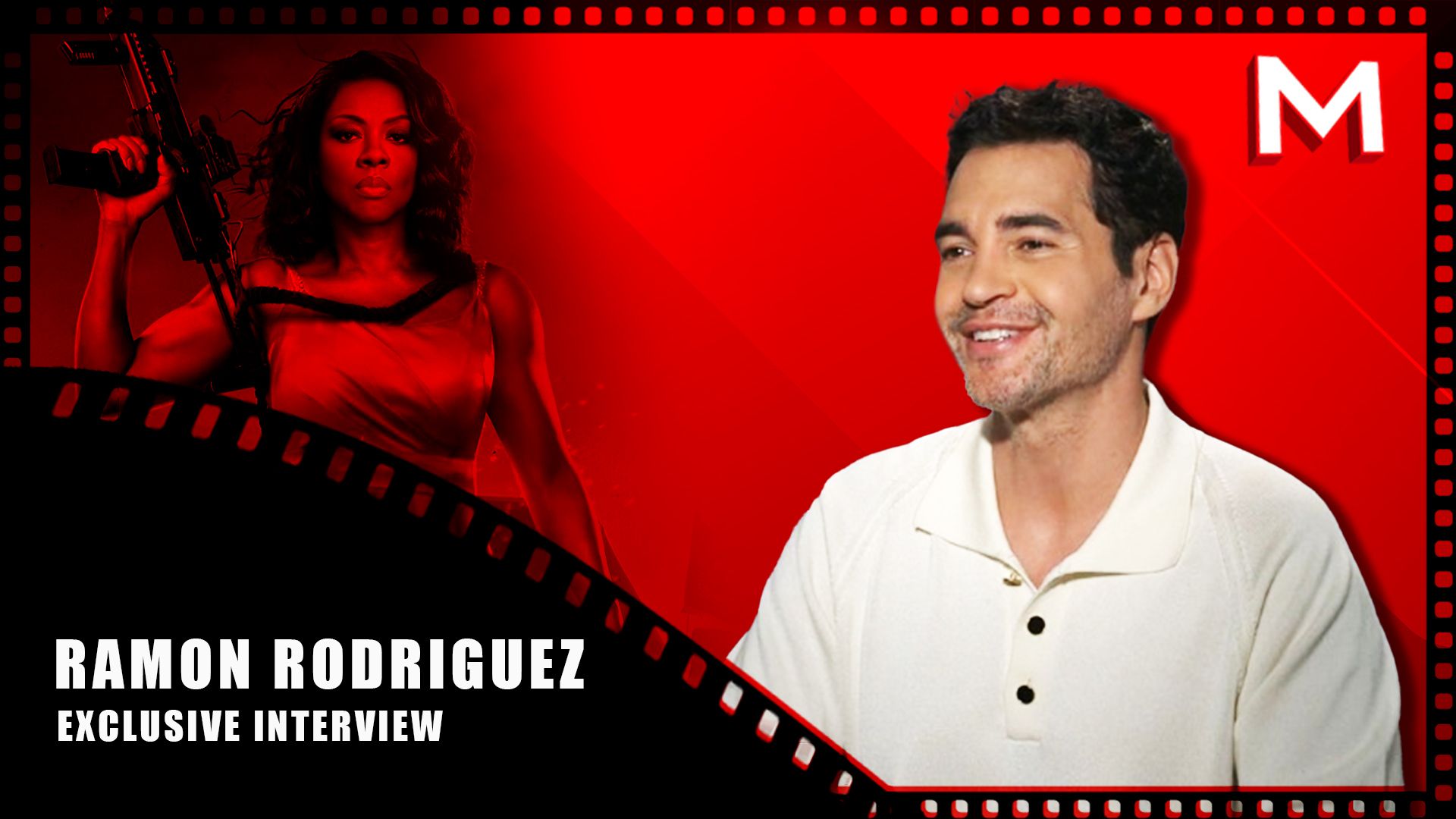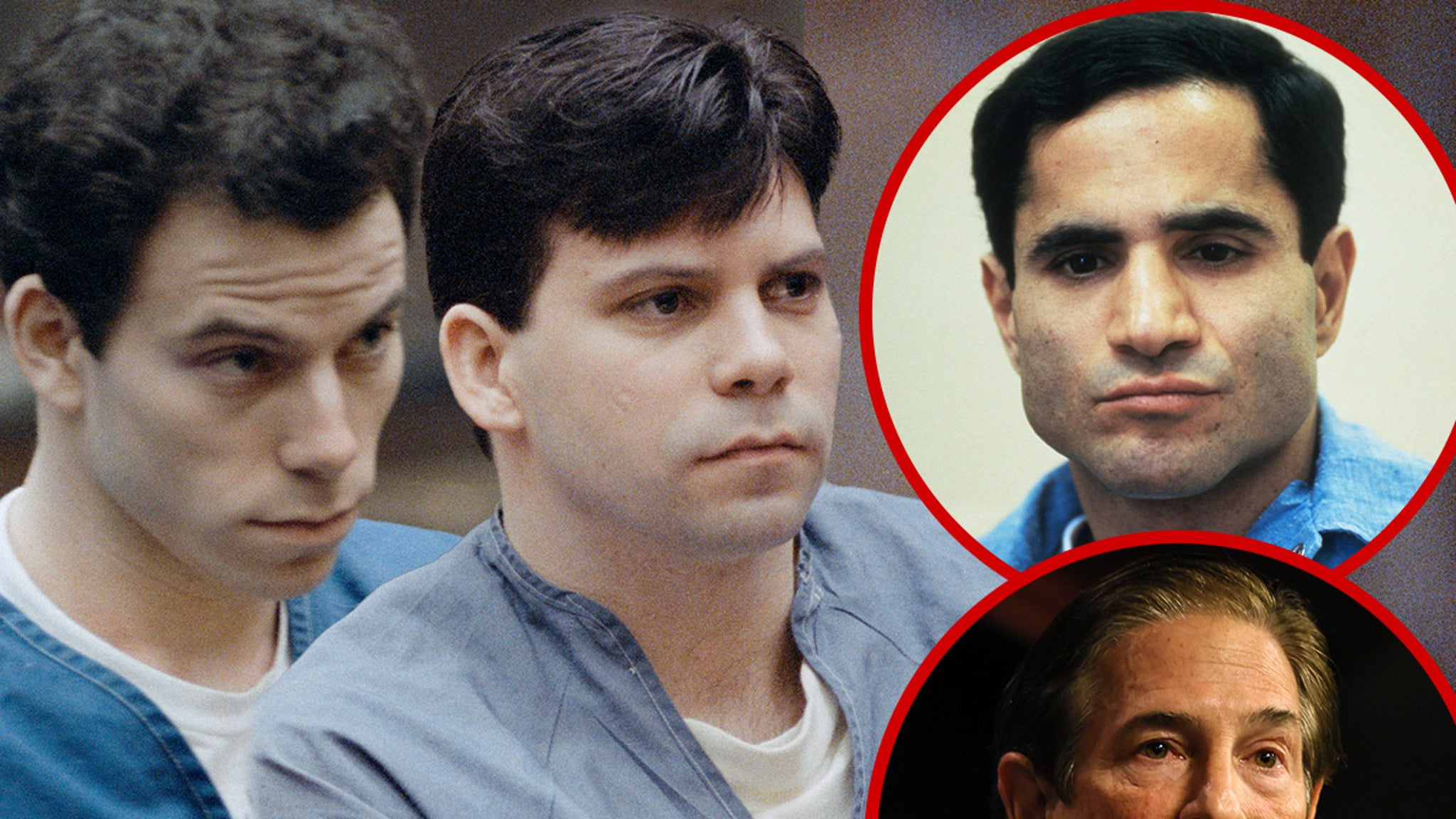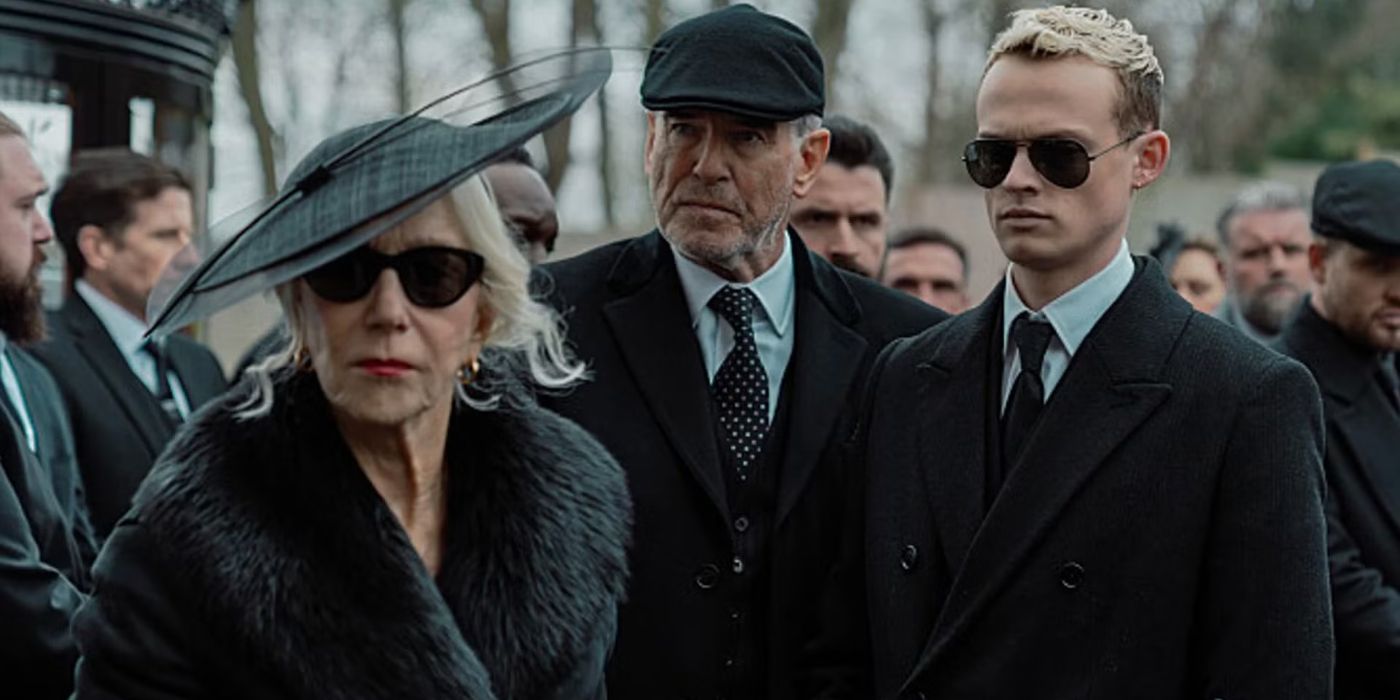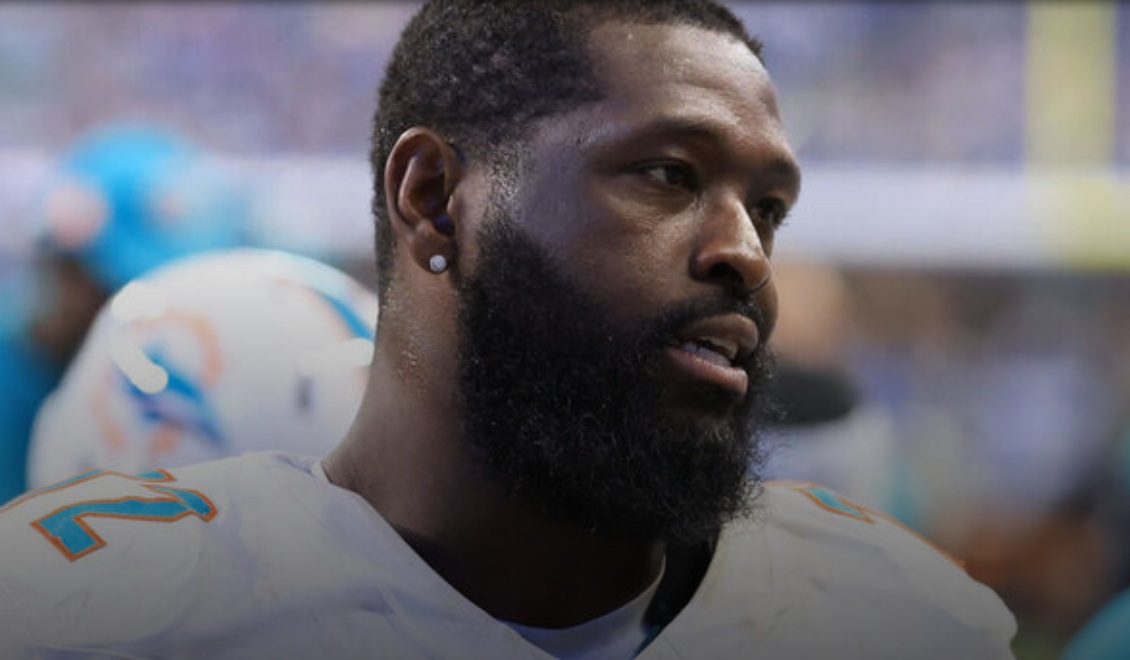Just over a month ago, on Oct. 1, Chicago Cubs chairman Tom Ricketts told reporters that manager David Ross was “our guy.”
On Monday afternoon, Ross was no longer the Cubs’ guy as news broke that Craig Counsell was replacing him. Counsell’s contract with the division-rival Milwaukee Brewers had recently expired, and he was a rare high-profile managerial free agent.
Counsell was a proven entity who had done much with modest budgets in Milwaukee. He has received high marks for his ability to work with a clubhouse and an analytics-based front office.
He had been linked only to teams with managerial vacancies, like the New York Mets and Cleveland Guardians. A return to the Brewers seemed possible too. The Cubs’ announcement came out of nowhere. USA Today’s Bob Nightengale reported that Counsell agreed to a record five-year, $40-million deal.
News of his impending decision triggered a chain reaction as the Mets (Carlos Mendoza) and Guardians (Stephen Vogt) also announced new managers.
Joe Sargent / Getty
The marriage between Counsell and the Cubs raises the compensation bar for managers at a time when the position has come under increasing scrutiny as front offices appear to be dictating broad strategies with input from their analytics departments. The Cubs are betting that managers still matter and have not become a rubber stamp for dictates from the front office. Counsell gets to be the one who resets the market.
The Cubs have made this bet before.
Chicago hired Joe Maddon in the fall of 2014 after giving Rick Renteria a vote of confidence following his first season at the helm. After the Cubs won the World Series in 2016, they made Maddon the highest-paid manager in the game, matching Giants manager Bruce Bochy’s salary of $6 million.
There’s been grumbling among managers regarding their relative lack of compensation. There’s been a belief they have become something akin to running backs in the NFL, a fungible group that MLB owners and general managers are increasingly unwilling to pay top dollar for.
Consider what one unnamed manager told Nightengale last month: “What’s going on is the sabermetric boys are taking away from our salaries because they think they can manage.”
Jonathan Daniel / Getty
One agent told Nightengale that managers’ salaries have declined by 50% in recent years.
An MLB front-office official told theScore on Monday that the average first-year salary for a manager with no previous experience is slightly less than $1 million. There are more and more young managers with no experience. Vogt, 39, played his last game only 13 months ago.
While there is no public database for their salaries, managers are increasingly viewed as extensions of data-first, analytics-reliant front offices. The moves by Blue Jays manager John Schneider to give a quick hook to highly effective starting pitchers in playoff games over the last two seasons have caused an uproar among fans. They believe the decisions have been taken out of Schneider’s hands despite a denial from general manager Ross Atkins.
Managers are paid far less than head coaches in other sports like pro and college football, where the coach is believed to have far more impact on wins and losses through the schemes they employ, the culture they create, and, in the case of college coaches, the quality of players they recruit.
Counsell’s record-setting contract also is modest in comparison to player salaries.
In recent offseasons, one win above replacement is worth about $8 million on the open market for free-agent players. That would suggest even the very best MLB managers are hardly adding any wins to their club.
But what if that is all wrong?
If it is, then the managerial role is one of the great remaining market inefficiencies in a game where seemingly every underpriced skill or trait has been unearthed in the 20 years since “Moneyball” was published.
Benny Sieu / Reuters
In a sport where almost everything can be measured, it’s tough to know the full value of a major-league manager, especially when it comes to the impact on clubhouse culture.
Bullpen and lineup decisions can be evaluated, but it’s much more difficult to know how to put a value on leadership. Maybe it matters more than teams believe.
I wrote in October about how the Philadelphia Phillies might enjoy a psychological advantage in the postseason thanks to manager Rob Thomson’s apparent ability to have the pulse of his players. One glimpse into that was how he handled a planned short outing for starting pitcher Ranger Suárez in the wild-card round.
“There is one thought where you tell them to empty the tank: ‘Don’t worry about going deep,’” Thomson told reporters after the game. “Is that the best message to send him? Or is it, ‘Hey, you know, just go and pitch your game. Don’t worry about anything, just pitch your game.’
“So I decided not to tell him and let him pitch his game. We let him pitch his game and he did well. He was disappointed to come out. And all those (decisions) are scrutinized this time of year, and I get it. If that didn’t work, it would be scrutinized. It is what it is, and you have to make the decision in your mind that you need to make.”
Suárez and the bullpen combined to shut out the Miami Marlins.
Bochy, now the Texas Rangers’ manager, is credited with creating an ideal clubhouse culture that earned him his fourth World Series ring following the three he collected in San Francisco.
Consider what Bochy told theScore earlier this year about building an ideal performance environment:
“You want to create an environment that is going to bring out the best in the players,” Bochy said. “Have them comfortable. Have them play with freedom, freedom that you need to play with to be the best that you can be. Not feeling pressure or anything. It’s a culture you want to have.”
Counsell, 53, will now attempt to bring to Chicago the alchemy of analytics and personal leadership he practiced for 10 years in Milwaukee. Front offices can’t assign a value to the human element of the game. It’s something of a faith-based investment.
Perhaps all these little things add up to being a much bigger deal. Perhaps the best managers are worth paying for – and those salaries don’t count against the luxury tax. The Chicago Cubs are buying into that idea. If they’re right, perhaps the managerial position will make a comeback.
Got a story or tip for us? Email Sports Gossip editors at tips@sportsgossip.com
Want More From Sports Gossip?
For all the latest breaking Sports Gossip, be sure to follow SportsGossip.com on Facebook, Instagram, and Twitter.
You can view the original article HERE.






























